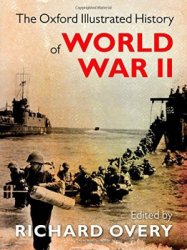The great bloodletting of 1916—Verdun and the Somme were the costliest
battles of the entire war—had no apparent impact on the desire of the
belligerent governments to fight to the finish. The fall of Falkenhayn in the
summer led to the emergence of Paul von Hindenburg and his dominating
assistant Erich Ludendorff. These German leaders were committed to an
even greater national effort. An equally dynamic, determined leader
emerged in Britain when David Lloyd George, formerly minister of munitions,
took over as prime minister from a discredited H. H. Asquith in
December.
By 1 9 1 6 Kaiser Wilhelm II, the continent's most boisterous and energetic
prewar monarch, had become little more than an interested observer of the
operations of his armies. The generals had paid him little heed since the
start of the war, and in November 1914 he told a dinner companion, "The
General Staff tells me nothing and never asks my advice." With the fighting
still raging at Verdun and the Battle of the Somme about to erupt, Wilhelm's
conversations with his military entourage focused on the kind of social life
he would permit the German aristocracy to conduct in Berlin after the war's
conclusion!
|
|
||||||||
|
Www.WorldHistory.Biz
Sundries
 Contact Contact
|
 
11-08-2015, 16:13
Changing Leadership
  |
|||||||
 |
 |
 |
 |
|||||
|
||||||||

 World History
World History





